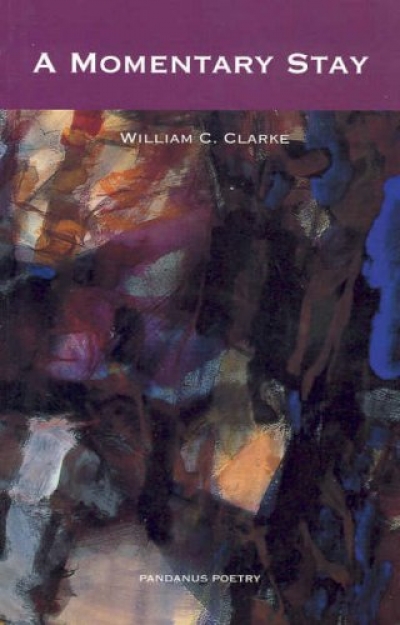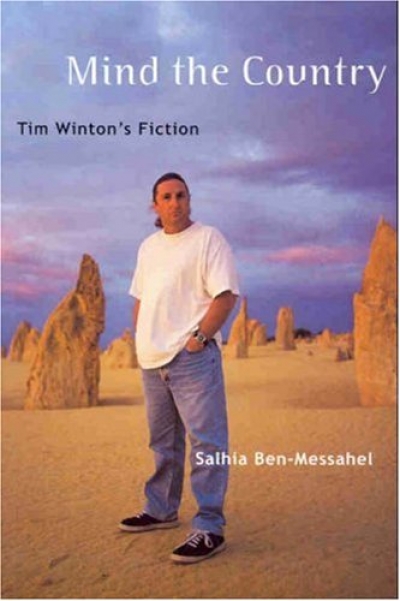'I had fully expected to find Karoline and her family living in difficult circumstances but in their home I am confronted and embarrassed by the extent of their poverty.’ In his stand-out piece of reportage, Peter Mares relates how Karoline and Jone came to Australia from Fiji to pick fruit, pluck chickens and make their families’ lives back home more bearable. They stay illegally, ‘enmeshed in a complex web of opportunity and obligation’. This refugee story details the global reasons for, and effects of, such journeys, as well as the daily hardship of poverty. The shock of reality, the yearning to make a positive difference, the allure of an ‘authentic’ experience, the realisation of its impossibility, and the weary cynicism of disappointment: these themes persist as Australians write about their Asian neighbourhood.
...
(read more)



